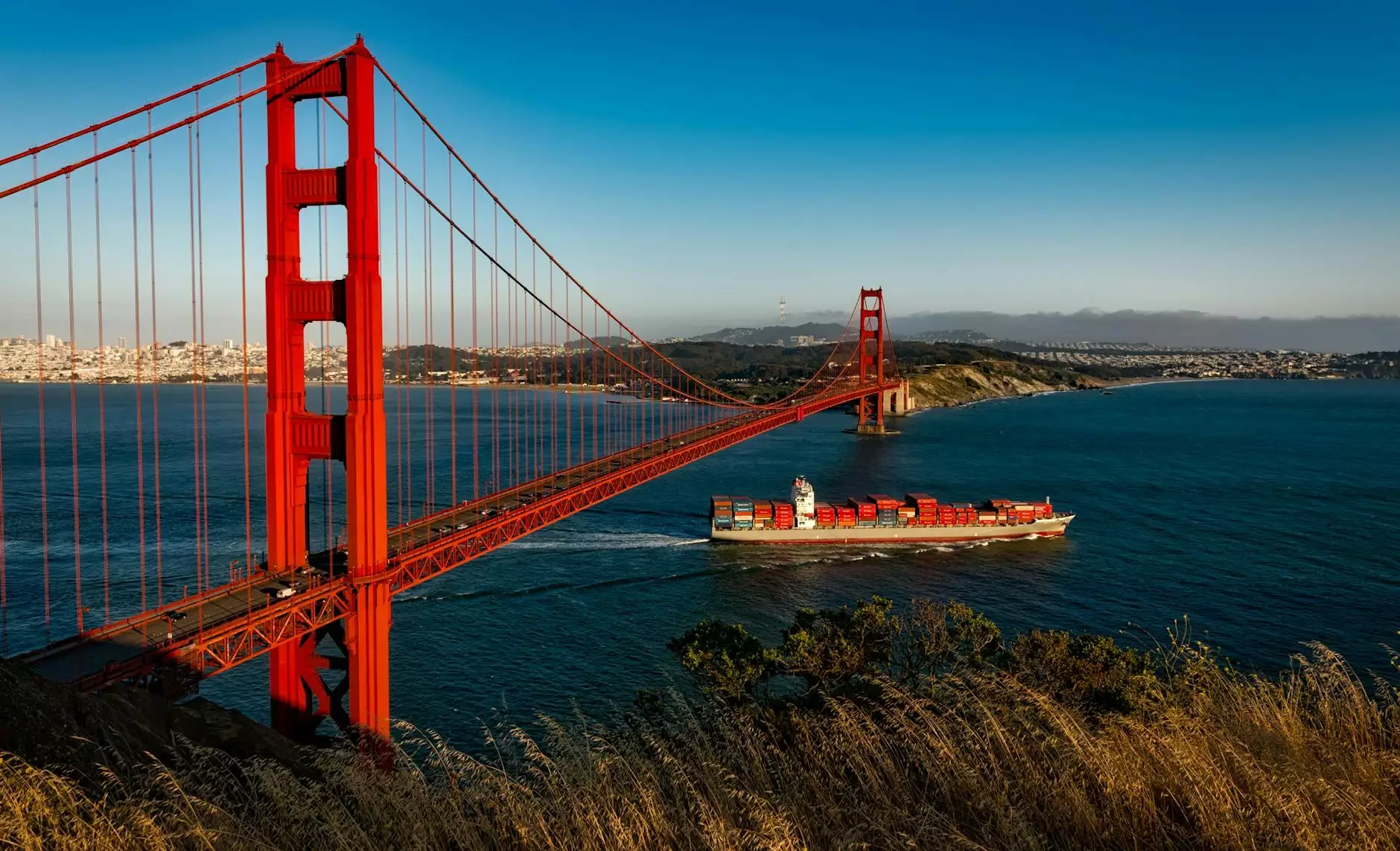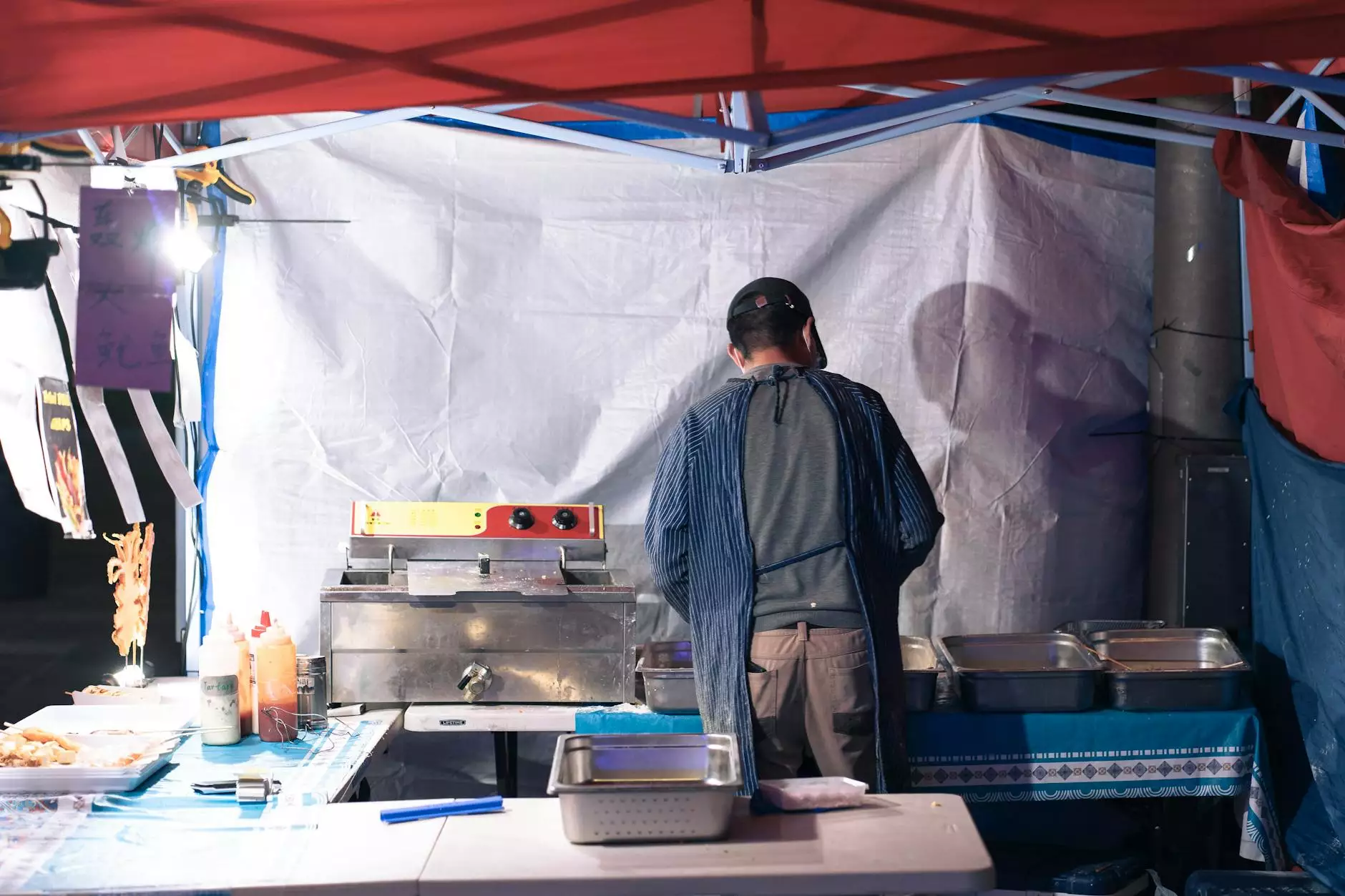Understanding Cold Chain Logistics: The Backbone of Modern Business

The world of logistics is complex and ever-evolving. One of the most critical components of this system is the cold chain logistics. This process ensures that products are stored, transported, and handled at the right temperature from the point of origin to the end user. In this comprehensive guide, we will dive deep into the realm of cold chain logistics and explore the crucial role that refrigeration equipment plays in ensuring the integrity of temperature-sensitive products.
What is Cold Chain Logistics?
Cold chain logistics refers to the temperature-controlled supply chain that is essential for products that require refrigeration or freezing to maintain their quality and safety. This is particularly important for industries such as:
- Pharmaceuticals: Vaccines and medications often require specific temperature ranges to remain effective.
- Food and Beverage: Perishable goods, such as dairy products, meats, and fresh produce, must be chilled to prevent spoilage.
- Cosmetics: Some beauty products contain active ingredients sensitive to temperature and need proper handling.
Importance of Cold Chain Logistics
Effective cold chain logistics are vital for several reasons:
- Preservation of Quality: Maintaining a controlled temperature throughout the supply chain helps to preserve the quality of products, ensuring customer satisfaction.
- Regulatory Compliance: Many industries are governed by strict regulations regarding the handling of perishable goods. Efficient cold chain logistics help companies comply with these regulations.
- Reduction of Waste: By preventing spoilage, businesses can reduce waste, thus improving their bottom line.
- Consumer Trust: Reliable cold chain practices build consumer trust and enhance brand loyalty.
Refrigeration Equipment: The Heart of Cold Chain Logistics
The crux of effective cold chain logistics lies in top-notch refrigeration equipment. Without proper machinery, it would be impossible to maintain the necessary temperature controls. Here are the key types of refrigeration equipment used in cold chain logistics:
1. Refrigerated Trucks and Trailers
Refrigerated trucks, often referred to as reefers, are equipped with powerful refrigeration systems designed to keep goods at the required temperature during transit. These vehicles are crucial for transporting perishable items over long distances. Features of modern refrigerated trucks include:
- Temperature Control: The ability to set and maintain specific temperature profiles.
- Real-Time Monitoring: Advanced tracking technologies that monitor temperature and humidity levels.
- Insulation: High-quality insulation to prevent temperature fluctuations.
2. Cold Storage Warehouses
Cold storage warehouses are specially designed facilities that provide a stable and safe environment for storing temperature-sensitive goods. These facilities come equipped with:
- Refrigeration Systems: Large-scale refrigeration units capable of maintaining lower temperatures.
- Inventory Management: Advanced systems to track goods and maintain quality control.
3. Portable Refrigeration Units
In many cases, businesses require flexible solutions for their cold storage needs. Portable refrigeration units are ideal for events, temporary storage, or businesses that require additional capacity. Key benefits include:
- Versatility: Easy to transport and set up in various locations.
- Scalability: Quickly adjust capacity based on demand.
Challenges in Cold Chain Logistics
While cold chain logistics is essential, it does come with its own set of challenges. Understanding these can help businesses develop strategies to overcome them:
1. Temperature Fluctuations
Even minor temperature deviations can lead to spoilage. Implementing reliable monitoring systems is critical to ensure compliance.
2. Equipment Failures
Failures in refrigeration equipment can result in significant losses. Regular maintenance and investing in high-quality equipment is paramount.
3. Regulatory Compliance
Adhering to the various regulations requires constant vigilance and rigorous training of staff to ensure practices meet industry standards.
Best Practices for Effective Cold Chain Management
To successfully manage cold chain logistics, businesses should adopt the following best practices:
1. Implement Real-Time Monitoring
Using IoT technology to monitor temperature and humidity levels in real-time significantly enhances the ability to ensure compliance.
2. Train Staff Regularly
Ensuring that all employees are trained and aware of the cold chain processes helps in reducing the likelihood of human error.
3. Work with Credible Suppliers
Selecting reliable vendors who adhere to cold chain practices is crucial. This includes your partners in logistics and refrigeration equipment.
4. Continuous Improvement
Regularly assess and improve your cold chain logistics strategies by embracing new technologies and methodologies.
The Future of Cold Chain Logistics
The future of cold chain logistics is being driven by technological advancements and changing consumer demands. Trends include:
1. Increased Automation
Automated systems for monitoring and management of cold chain logistics will reduce errors and improve efficiency.
2. Sustainability Initiatives
With a growing focus on sustainability, businesses are now considering environmentally friendly refrigeration solutions and practices.
3. Data Analysis and Predictive Analytics
Leveraging big data to anticipate supply chain issues and enhance decision-making processes will be crucial in the coming years.
Conclusion
Cold chain logistics represent a critical element in our global supply chain. By investing in refrigeration equipment and adopting best practices, businesses can ensure that they maintain the integrity of their temperature-sensitive products. In doing so, they not only safeguard their product quality but also build a reputation for reliability and trust in the eyes of consumers.
For more information and resources on cold chain logistics, visit https://www.first-coldchain.com/.









